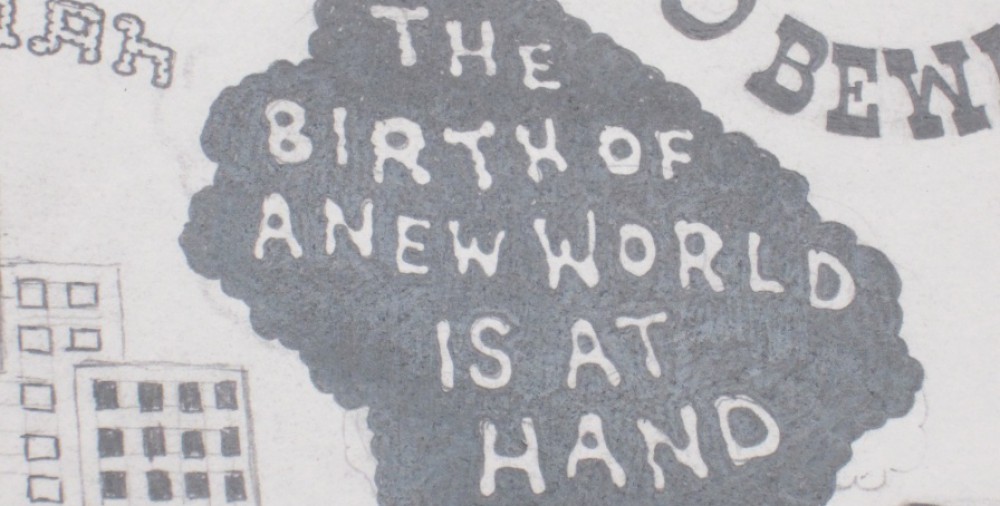In these entries, we see D-503 going through a lot of hard experiences with him discovering himself. We also see how I-330 has affected him in the seventeenth entry. She has him head over heels and has D-503 come to the ancient house to meet her. This part is where it got kind of confusing to me because of all the events happening at once. He reaches the room where they are supposed to meet but she is nowhere to be found and then he goes through a dying experience(literally), and this is where I’m not sure what exactly happened. How did he “die” after he opened the closet door is probably my biggest question in these chapters.
Whats really interesting about I-330 is that she is such a mysterious character and yet a life changing character for D-503. She makes him question the things the One state says about things such as mental illness. In the first few entries of this weeks reading, he starts to question what the soul really is and if it really exists or not. In the One State it seems that having dreams means that you are having a mental illness and it is in these dreams that D-503 questions the existent of the soul. “But the horror of it is that these invisible bodies exist, they must, they inevitably must exist: in mathematics, their fantastic, prickly shadows-irrational formulas-pass before us as on a screen.(Yevgeny 101)” We see ask about the soul at the bottom of page 101, “Does it mean, then. that this preposterous “soul” is as real as my unif, as my boots, although i do not see them at the moment? And if the boots are not a disease, why is the “soul” a disease?” This last line is so important because it marks the start of him doubting the things he was told and taught about.
There was a small part in the seventeenth entry that really caught my attention. When he is on his way to the ancient house, he sees through the green wall, a beast. The exchange between D-503 and this beast is interesting because he questions himself after a while, what if this yellow eyed creature in his uncomputed life, is happier than the people of the world state. He doubts this later where he says, “What absurdity-that he could possibly be happier than we are!”(Yevgeny 95) but I believe that HE actually believes this but can’t admit it.
In these entries, we also see D-503’s ultimate decision, impregnating O-90 and giving her a child illegally. It seems that O-90 realized D-503’s obsessive love with I-330 and sends him a letter saying she loves him so much that she is willing to let him go to I-330’s side. In the letter she says, “I cannot live without you-because I love you. Because I see, I understand: today you don’t need anyone, anyone in the world except her, the other one, and you.. understand-just because I love you I must..”(Yevgeny 106) It also seems that he is still has lingering feelings for O-90 because after reading the letter he says, “Never again. Yes, it is better that way, she is right. But why, then, why..(Yevgeny 106)” I think he finally decides to have sex with her because the first sentence of the last paragraph in the 19th entry he says, “That was the last.”. Last as in the last time he will sleep with her and I think this is also a sign of him finally getting rid of a burden and a sign of relief that he can finally fully commit his love to I-330.



